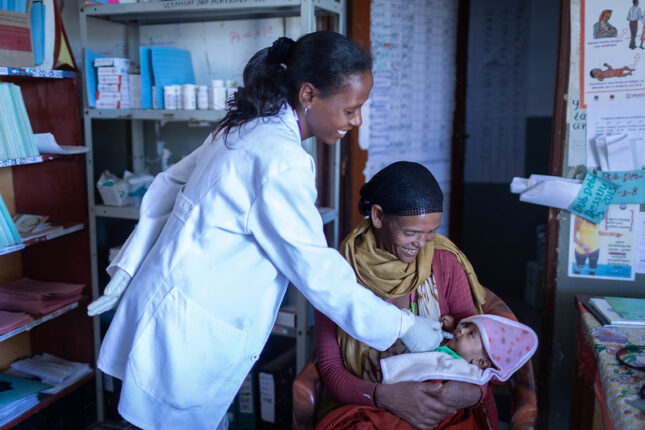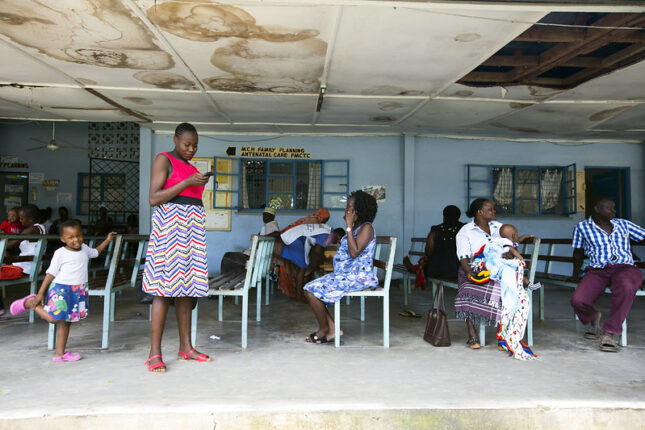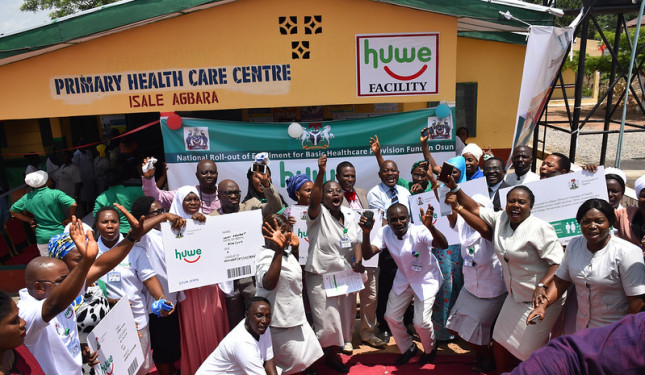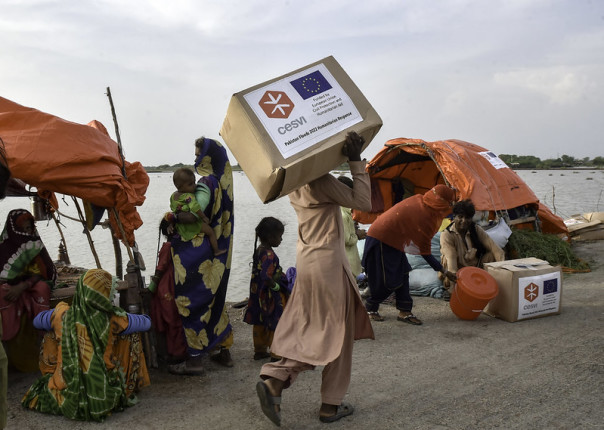-
Moving Beyond Fertility Targets
›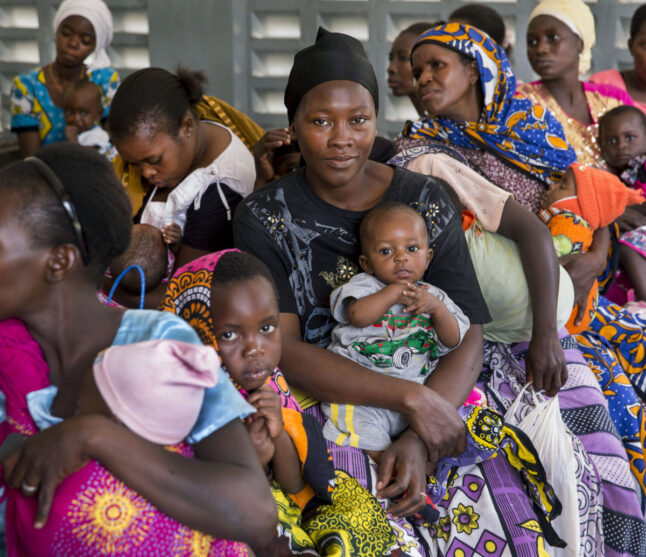
We’re often told that we’re living during a population crisis, a time of simultaneous concerns born of too many people to sustain necessary resources for a healthy planet, and too few working-age people to support a healthy economy. Population dynamics and trends are key to national and international security and contribute to the overall wellbeing of a society. Fertility, along with mortality and migration, is central to population and its importance to demographers, policymakers, economists, and a country’s development is without question. But focusing on population trends without considering the experiences of the billions of individuals who make up those trends—each with a unique life course, personal aspirations, and individual potential—establishes an unhealthy and dangerous tension that can strip women of their rights and leave them socially disenfranchised.
-
From Sunset to a New Dawn: Sustaining Civil Society’s Voice on Safe Motherhood
›
Maternal mortality continues to be one of the scourges in global health. The fact that women die as part of bringing life is an indictment against the overall status of women around the world, and underscores the failure to prioritize women, mothers, and children. Efforts to draw attention to the causes of maternal death and the solutions to maternal mortality abound, but they fail to get enough attention from the decisionmakers who establish health priorities and allocate resources that could actually make a difference.
-
Is Health Financing Gender Biased?
›
We take for granted the way health programs are financed—and often forget that there are biases in financing functions that undermine equitable access to health care.
For instance, through gender advances, women now decide on contraceptive use and childbearing. Yet the health financing related to those services tends to emphasize improving efficiency and optimizing resources, without necessarily aligning its objectives with gender equity or inclusivity.
-
Maternal, Newborn and Child Health: Complementary Investments Are Key
›
In 2018, the Lancet Commission on High Quality Health Systems ignited a global shift in focus and investment for maternal, newborn, and child health (MNCH).
Increasing access to care had been a primary focus during previous decades, but the Commission found that as service use increased, “poor-quality care” had become a more significant obstacle to reducing mortality than insufficient access. The Commission also argued that increasing access alone would not achieve Sustainable Development Goal (SDG) 3—ensuring healthy lives and promoting well-being. What the world needed now was an intensified focus on improving quality of care.
-
Rethinking Population, Climate, and Health: Focusing on Solutions
›
News about global climate impacts that elevate mortality, wreak weather havoc, and create massive displacement is inescapable. And those are just the stories that make the headlines. Droughts in Africa are estimated to impact 250 million people and displace 700 million more by 2030. Climate impacts brought on by El Niño are devastating the food supply chain, exacerbating Guatemala’s struggle to reduce childhood malnutrition.
Showing posts by Jay Gribble.


